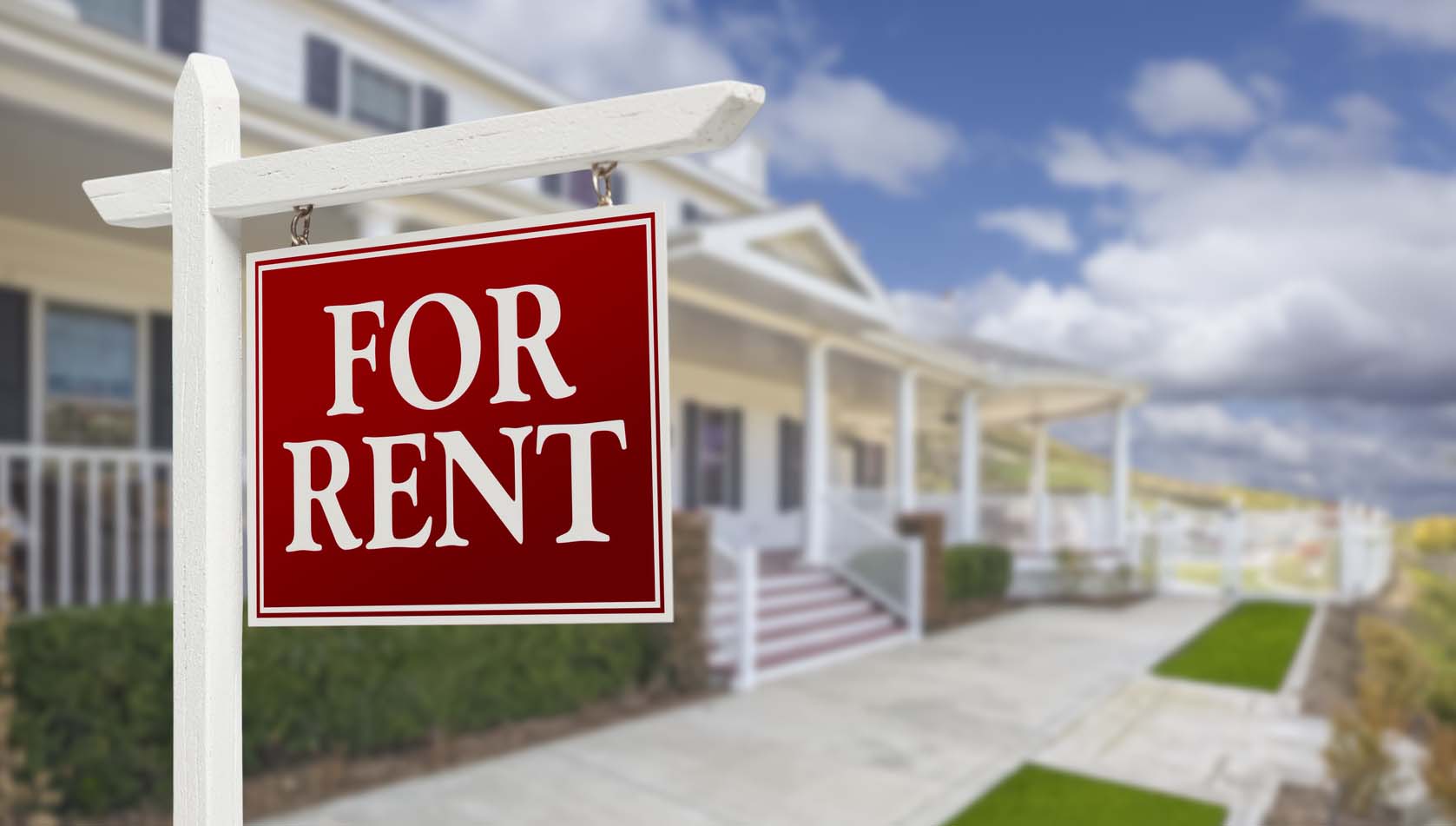
Clear of the Doghouse
December 26, 2015
4 Ways Renters Insurance Has You Covered
October 21, 2016Renters Insurance – One of the benefits of renting is not being responsible for every single thing that goes wrong with your place of residence. Unlike owning a home, renting allows you to sit back and let someone else take care of problems when they arise, be sure your Landlord has Landlord Insurance. Leaky faucet? Overgrown yard? A dryer that doesn’t dry your clothes? No problem. That’s what your landlord is for, right?
But what happens when something goes seriously wrong in your apartment? Contrary to what you might think, sometimes renters are on the hook, and it’s a good idea to know why. Here at RENTABLE , we help renters find apartments every day, so we’re happy to also let you know where your level of responsibility lies, for these four situations. Read on and tremble — or exhale.
Water Damage
This one depends on circumstances. Legally, landlords are required to provide renters with habitable dwellings — that means running water and a weatherproofed structure. If your toilet explodes or a pipe bursts in your apartment, damaging the ceilings, walls, and floors, it’s usually on the landlord to repair them.
Things get complicated if your actions as a renter could have caused the water damage — if you flushed your brand new iPhone 7 down the toilet, or if you turned off the heat during a two-week cold snap and froze the pipes; such actions might violate the “reasonable use” clause in most leases regulating your behavior in the apartment.
Check your lease for specifics.
Personal Property Damage
One thing your landlord is *NOT* responsible for when the pipes burst are your toiletries, plush towels, or pile of unread paperbacks next to the bathtub. The same thing holds true for other damage, even if it’s not your fault. That’s what renter’s insurance is for — covers personal property and can also cover additional expenses, like hotel costs if you have to move out of your apartment while it’s being repaired. Now might be a good time to invest in it. You’re in luck — the premium is typically very reasonable.
Injury
If you’re injured at your apartment by a feature of the rental — if, say, a ceiling fan drops onto your head — your landlord can be held responsible. It’s his or her responsibility to make sure the building is habitable and safe.
That being said, a number of conditions have to be met for your landlord to be on the hook for your medical bills. The injury must be caused by a landlord’s negligence, and the accident must have been foreseeable. So, in the case of the ceiling fan, a renter would have to prove that the landlord had improperly installed/maintained the fixture, and that it would have been possible for him or her to do so. Likewise, if the tenant/renter causes injury to a third party due to negligence, the renter would most probably be on the hook.
See why these kinds of incidents usually result in personal injury lawsuits? It may be hard to prove negligence, thus the necessity of renters insurance.
Break-Ins/Theft
Your landlord’s insurance typically covers the building itself, not your belongings, so in most clear-cut burglary cases, he or she will be responsible for repairing any damage to the building caused by a break-in, and you’ll be on the hook for your own belongings.
(Another reason for renter’s insurance!)
So if a thief rips a screen, breaks a window, and steals your laptop, your landlord will be required to install a new screen and window, and you’ll be out a personal computer.
But sometimes, the responsibility for damages and theft can fall more squarely on one party than another. If, for instance, your landlord failed to replace a screen, allowing easy access to a ground floor window, or if you can prove he did not maintain an adequate system of locks on the apartment’s doors, you may be able to claim negligence, and hold him responsible for the theft.
Conversely, if your landlord finds out that you’re in the habit of dismantling window screens while opening windows, or of leaving your apartment unlocked and unattended, she may be able to hold your accountable for damages and repairs to the building.
In either case, it’s a good idea to check your lease for specifics. While you’re at it, the U.S. Department of Housing and Urban Development has a handy state-by-state guide to tenant’s rights that can clue you in to local tenants’ rights laws.
In case it’s not clear by now, it’s a good idea to take out renter’s insurance. It’s affordable, it’s useful, and it’s easy to acquire. Contact HDA Insurance Brokerage for more information and plans. And next time you’re in the market for an apartment, let us at RENTABLE help you find it.

